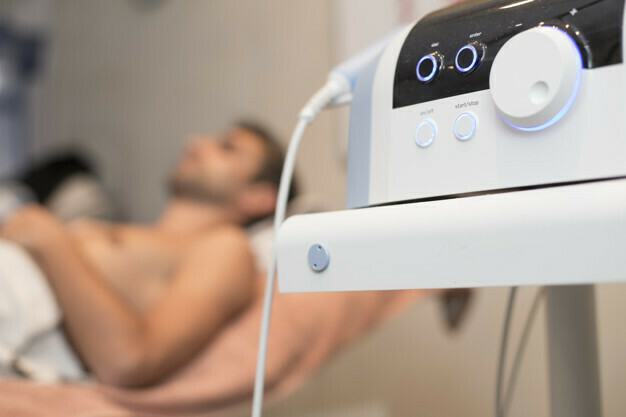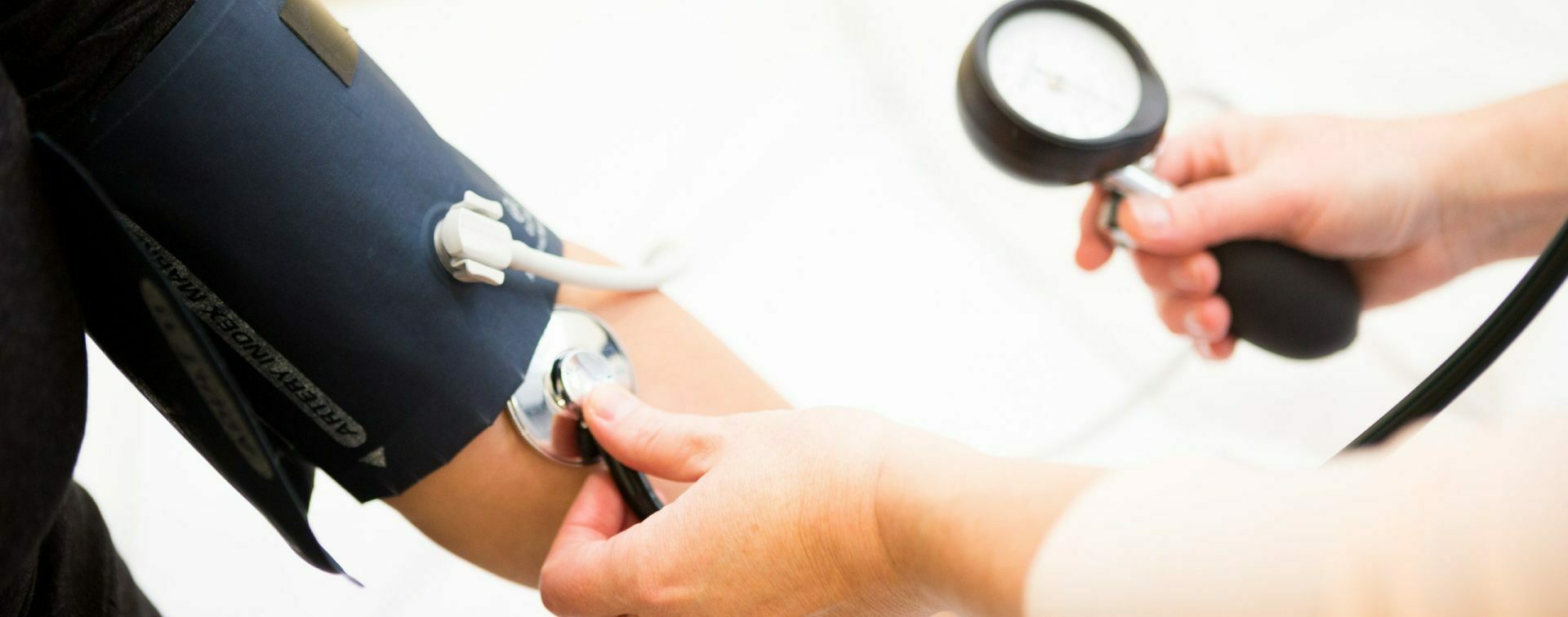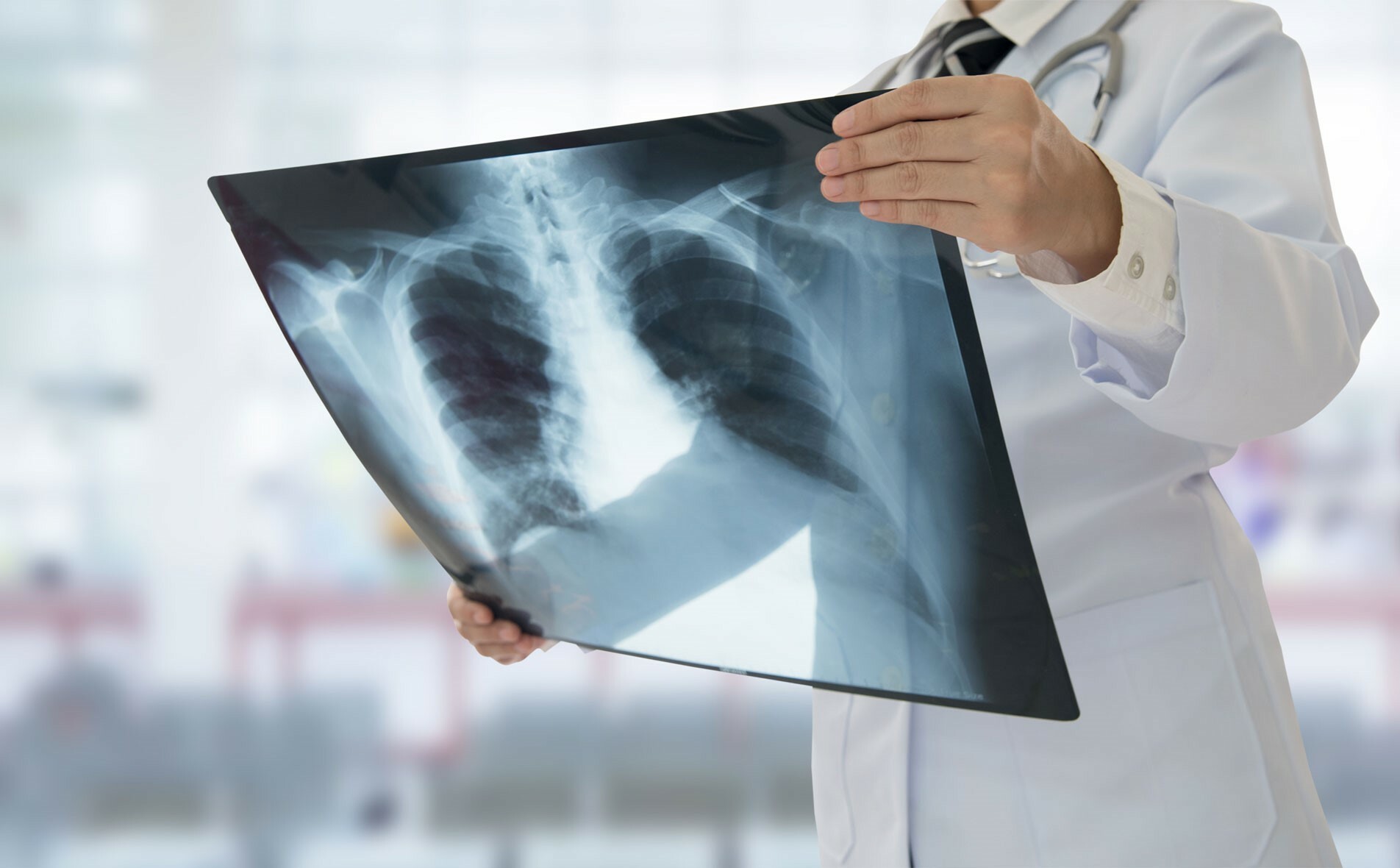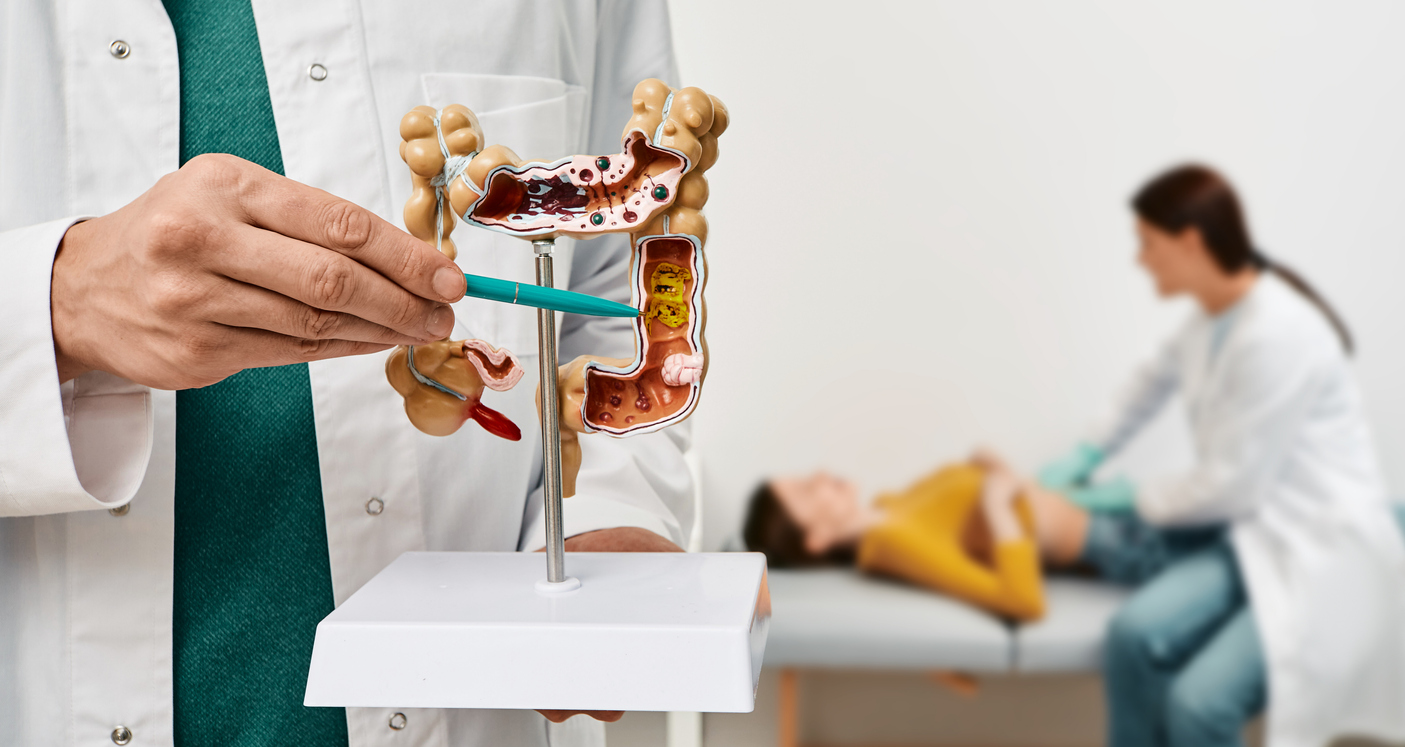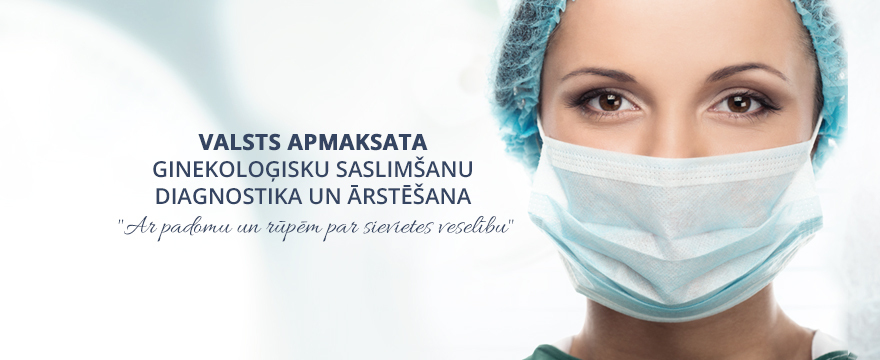
Gynecologist – more than a doctor, a trusted confidant
A gynecologist is a doctor who cares for women’s reproductive health and provides support from puberty onward. During a visit, the gynecologist focuses on diagnosing, treating, and preventing complications related to gynecological conditions. It is recommended to visit a gynecologist at least once a year, even without complaints or symptoms, to detect diseases early and begin treatment, ensuring better health and quality of life.
What to expect during a gynecologist consultation?
It’s important to remember that there is no need to feel embarrassed in front of the doctor – the gynecologist is a trusted professional with whom you can openly discuss your concerns, doubts, and symptoms.
During the consultation, the gynecologist will:
- Review the woman’s menstrual cycle and its physiology
- Identify the causes of abnormal vaginal discharge and suggest diagnostic options
- Examine the cervix, taking samples and swabs for testing vaginal microflora
- Perform a breast examination
- Advise on contraception methods, their effectiveness, and safety
Highly qualified, experienced, and trusted gynecologists
Riga 1st Hospital offers consultations with highly qualified gynecologists. These specialists provide professional assistance in the following areas:
- Family planning and contraception – Help with choosing the right contraception method and provide guidance on family planning.
- Infertility diagnosis and treatment – Conduct examinations and treatments to help women achieve pregnancy.
- Pregnancy monitoring – Provide necessary care for pregnant women, including important tests like fetal heart monitoring via ultrasound.
- Diagnostics – Conduct modern diagnostic tests and analyses to provide comprehensive insights into women’s health.
- Treatment of gynecological diseases – Diagnose and treat various gynecological conditions, including endocrine disorders.
- Therapeutic procedures and treatments – Perform various procedures and interventions to address gynecological problems.
- Menopause management – Assist women in managing menopause symptoms and offer necessary support.
When should you definitely visit a gynecologist?
- Irregular periods or severe menstrual pain
- Lower abdominal pain
- Unusual discharge with a strong odor, blood, or bleeding between periods
- Pain during intercourse
- Itching or burning in the genital area
- Breast abnormalities – pain, tissue changes, or discharge
- Pregnancy or suspicion of pregnancy
- Sexually transmitted infections (STIs) – if at risk or experiencing symptoms like burning, itching, or rash
- Persistent or worsening pelvic pain
- Changes in the vagina or genital area
Diagnosis and further treatment
In some cases, diagnosing and treating gynecological diseases requires collaboration with other specialists. Riga 1st Hospital’s wide range of specialists and modern diagnostic equipment enables quick identification of the cause and development of treatment and rehabilitation plans, even in complex cases. If surgery is needed, the gynecologist can offer surgical interventions, and patients can stay in the hospital’s gynecology ward.
Ultrasound examinations
If you’d like an ultrasound during your gynecologist visit, Riga 1st Hospital has gynecologists who specialize in both obstetric and gynecological ultrasounds. Ultrasound can be an essential tool for precise diagnosis and monitoring reproductive health.
IMPORTANT: Gynecological check-ups, recommended at least once a year, help detect diseases at their earliest stages, when they can be fully treated.
Breast cancer: risks and diagnosis
Breast cancer is a malignant disease that develops in breast tissue. While most breast cancer cases occur in women over 50, younger women are also encouraged to undergo regular breast exams. Screening tests allow for regular checks on health, and these exams are fully state-funded.
IMPORTANT: Although most breast cancer cases occur in women over the age of 50, younger women are also advised to undergo regular breast examinations. Cancer screening tests provide an opportunity to regularly check your health, and these examinations are fully state-funded.
Human papillomavirus (HPV)
HPV infects the deeper layers of skin and mucous membranes. There are more than 100 types of HPV worldwide, most of which are low-risk types that cause benign growths like warts. However, some types of HPV cause changes in the cervical, vaginal, genital, rectal, and oral mucous membranes, which can lead to precancerous and cancerous developments.
Cervical cancer
Cervical cancer is a serious health issue, causing psychological, social, emotional, and physical stress. The cause is well-studied: 99% of cases are caused by long-term HPV infection. Unlike other cancers, cervical cancer can affect women as young as 25-30. In its early stages, cervical cancer usually has no symptoms, making early detection difficult.
Other related services

